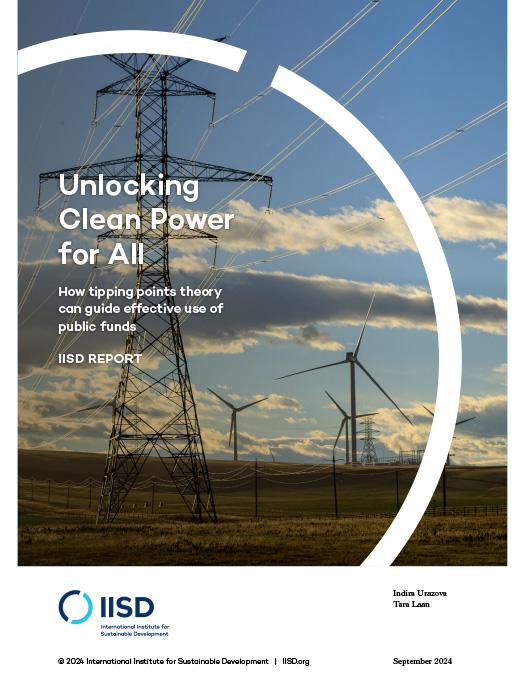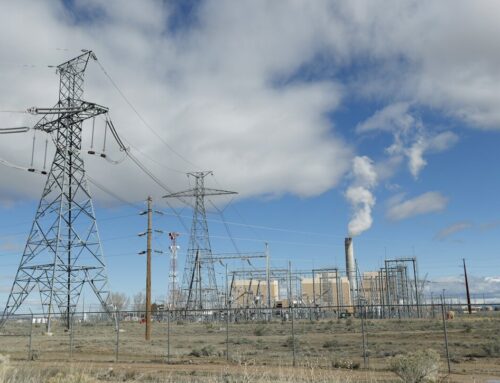Unlocking Clean Power for All
September 29, 2024

Supportive government policies have been instrumental in grid-scale solar photovoltaic (PV) and onshore wind passing a tipping point to become the cheapest options for new electricity generation in many countries. Yet, enabling policies continue to be needed to accelerate deployment to achieve global climate goals and to ensure lower income countries are not left behind in the energy transition.
While each country’s pathway will be unique, tipping point theory and experience with successful deployment of renewables suggests that public financial support measures most likely to facilitate tipping in emerging market and developing economies (EMDEs) are
- international concessional finance, grants, and risk mitigation instruments to compensate for high upfront investment needs and cost of capital in EMDEs;
- investments in grids to facilitate integration of variable renewable energy; and
- fossil fuel subsidy reform to level the playing field and generate revenue to fund a just energy transition.
The international donor and finance community can assist by increasing transfers to lower income countries, including by reallocating international finance from fossil to renewable energy and by committing to an ambitious new climate finance goal.
Search
RECENT PRESS RELEASES
Related Post




